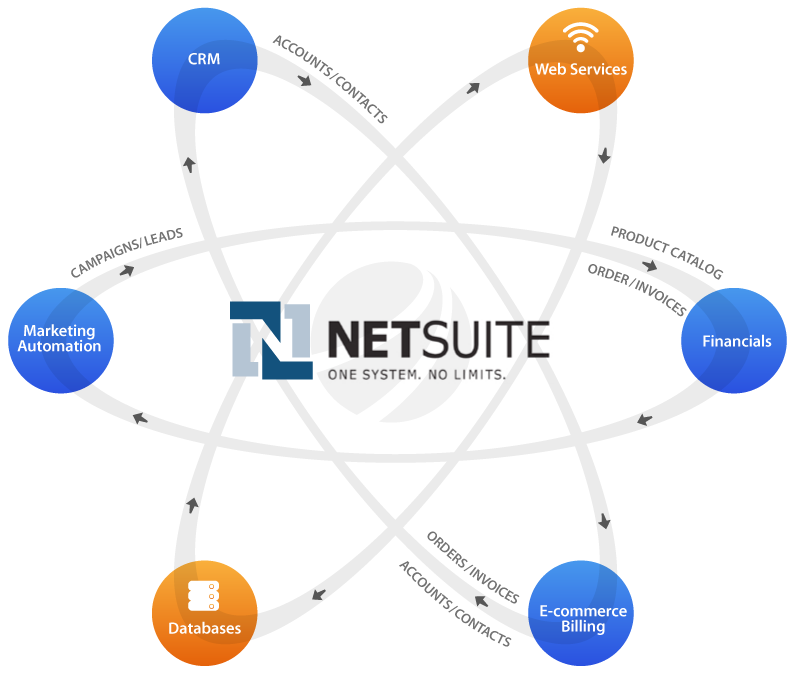When should an Organization Implement a Global ERP
 Going global: Is it time to streamline your ERP?
Going global: Is it time to streamline your ERP?
Today in class we discussed the difference between IT many years ago and today where years ago in order to include IT in your business you needed to spend a lot of money implementing complex systems and today with software as a service and cloud models you just need a credit card and an idea. This got me thinking about when a business should switch from individual systems to an expensive ERP. As with many things, I believe it very much depends if an organization should use an ERP or continue with individual systems. When looking into what it depends on I found this article by NetSuite which has their recommendations on how you know your organization is ready for an ERP. NetSuite Inc. does sell ERP, CRM, and eCommerce software solutions so they are biased because they want you to buy their ERP, and the conclusion basically spells that out, but the article is in the educational materials section of their website and I believe the body of the article makes some good points.
The article focuses on organizations who have multiple locations in multiple countries and recommends ERPs to gain a more centralized management approach. The first subheading says that an organziation should implement one ERP system if they are duplicating ERPs or resources between officers or countries. At first this seemed like a logical conclusion, duplicating systems means more money spent and less sharing between offices or countries. This continues in the second point, if a company is manually reconciling accounting and finance information. Having all of the finance information in one place for the whole organization would make sense, especially when paired with their last point of a company struggling with many tax and legal issues. A single ERP could make filing taxes and organizing the financing of a company easier. I don’t, however, completely agree that a global ERP will fix all of an organizations problems, or that it won’t cause more problems. Having all of the decision making in a single are could cause legal and operational issues. Businesses in different countries run differently, be it culturally or legally. Having a once size fits all approach may do more harm than good. Take something like sales as an example. One country might do most of its sales remotely while another country sales are all done in person. When trying to implement an ERP with a single sales process this could cause issues.
Do you think a single ERP for a multinational company is the best approach? What benefits would the organization reap? Are there possible downsides? Do the benefits out way the downsides? When do you think an organization should implement a global ERP?


One Response to When should an Organization Implement a Global ERP